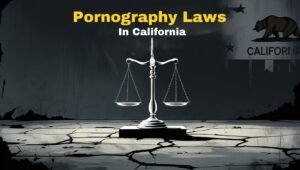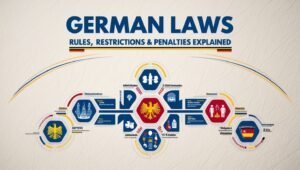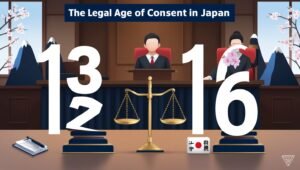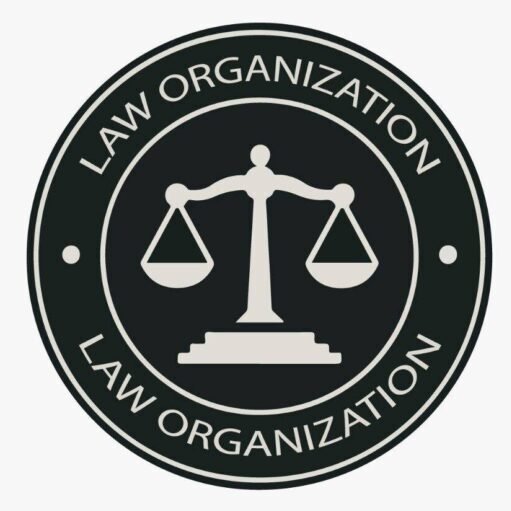All of us know what Pornography Laws in Washington is and it is meant for the consumption of adults alone. It started from the cave paintings and now has reached the digital depiction.
It started billions of years ago and is still being watched by many. And as the days passed many vulnerable things were popping out in the name of pornography and laws were formed.
There is a thin line between pornography and cybercrime so it shouldn’t be crossed different countries have different rules and laws for pornography in certain countries animal pornography is illegal and in others, rape pornography is a crime but when it comes to child pornography it is illegal in almost all countries.
And in some countries, pornography as a whole is illegal as they consider it the undue exploitation of sex. And now we are going to look into the laws of Washington.
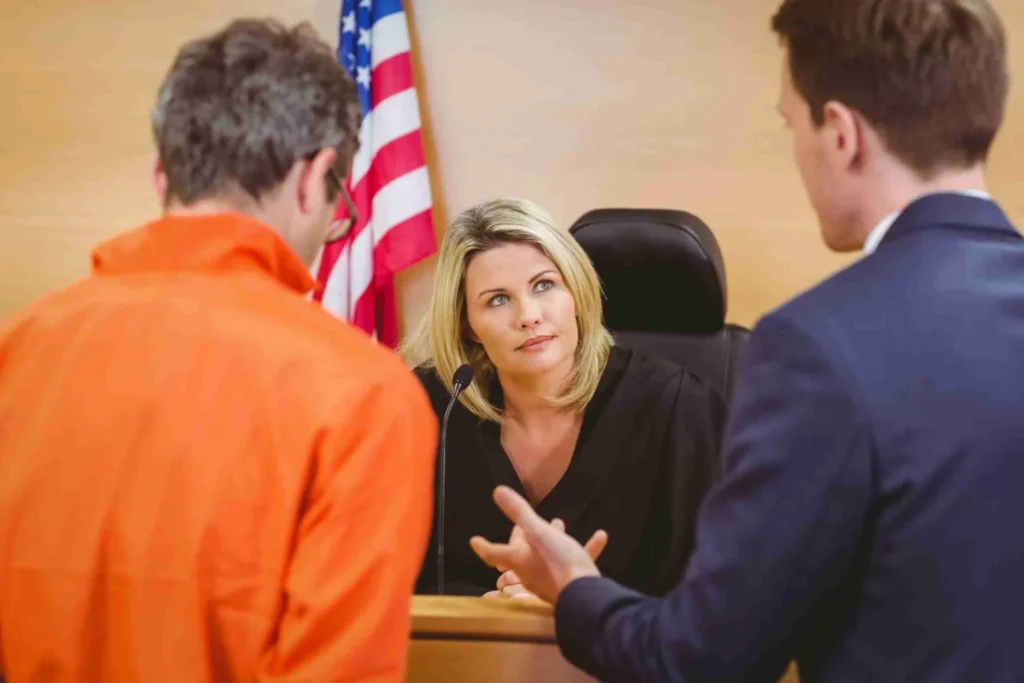
Revenge Pornography Laws in Washington
The two specific cases in which pornography is unlawful in the United States is when a child is involved or it is revenge porn. So let’s take a closer look into the topic.
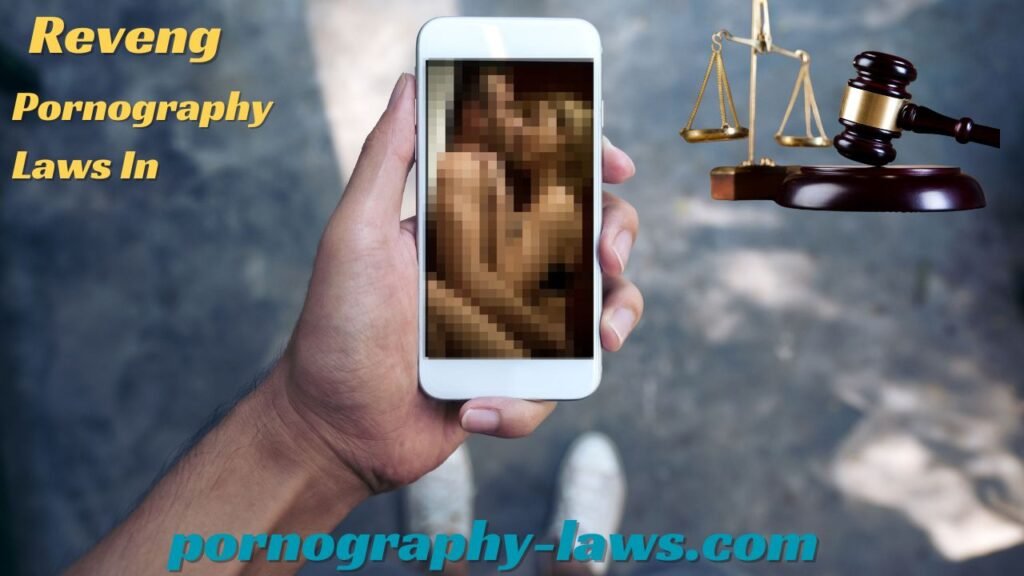
1. Revenge Porn Laws in Washington
If you are sharing a pornographic image or video of someone without their consent or their knowing then it is revenge porn. Revenge porn is considered as sexual harassment or cyberbullying.
Some examples of revenge porn are when a couple breaks up and the gut uploads the video of his ex-girlfriend online out of hatred and rage then it is considered as revenge porn.
These types of crimes happen a lot around the world and this has destroyed the lives of many. This is considered a serious crime in Washington and you will be charged.
Images stolen from electronic devices and keeping hidden cameras while having an intimate moment all are part of this.
The things which will come under revenge porn are :
- · Any image or video which was obtained under certain circumstances and was supposed to remain private
- · The content was disclosed without proper consent from the person in the image or video.
- · The person who disclosed the video knew that the video would cause harm or reasonably should know.
Revenge porn is more like infringing the human rights of an individual and therefore is considered punishable.
2. Child Pornography Laws in Washington
A porn video or image which involves a child is a serious crime in Washington. Not only having a child porn but viewing it is also unlawful. If you are wondering what is the punishment then it can be more than a year of your life in prison.
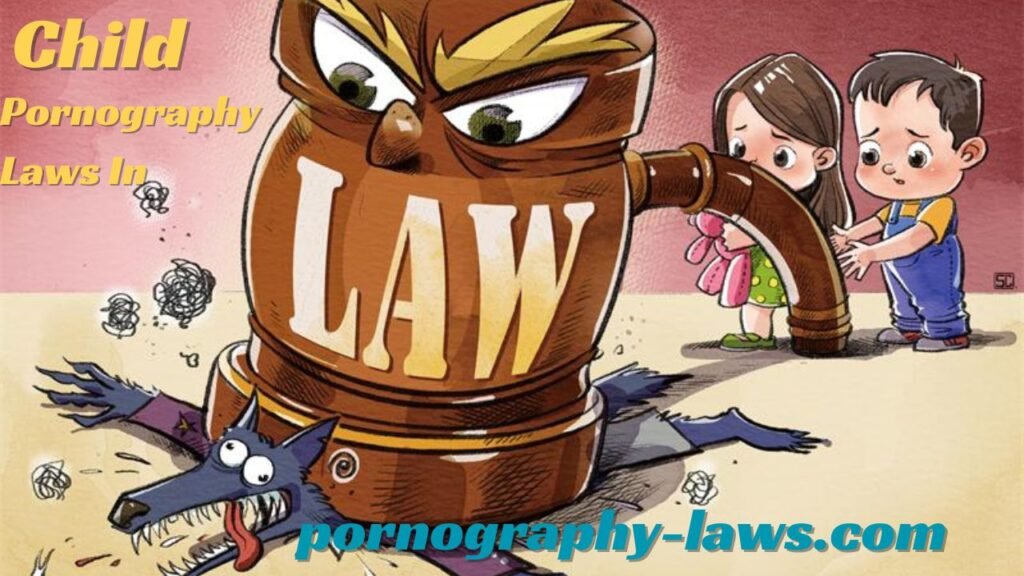
While taking a look into the penal laws you can find the one related to child pornography in the clause RCW 9.68A. A person will be charged heavily if he knowingly views or owns a porn which involves a child.
You should neither have any kind of images or videos where a minor is engaged in sexually explicit behavior nor also see any children engaging in such activity.
And for committing the above two crimes you will be punished according to the seriousness of the video which means there are two degrees of punishment.
The first-degree possession is a very serious crime. And say what comes under the first-degree possession or watching offense is that :
- · Any sexual activity that shows genital to genital or anal to anal between two people or animals.
- · Any item entering the genitals
- · Masturbation, Urination, or anything else to sexually stimulate the viewers.
And the second-degree possession or watching possession involves :
- · Showing genitals and rectal areas of minor in public.
- · Touching the breast or buttocks area of a minor to stimulate the viewers sexually.
The main thing to be noted is that even if the minor is fully aware or not aware of what is being shown it is still a crime and you will be charged. Anyone under the age of 18 is a minor.
And the penalty for committing the first-degree offense is that you will have to spend from 12 to 14 months of your life in prison also 3 years of community service.
And if you commitiing the offense multiple times then you will end with a penalty of 10 years in jail. And for the second-degree offense 3 to months in jail along with one year of community service.
Pornography on the whole is not illegal and is not a bad thing to do or watch because it is also the profession of many.
But Child porn and revenge porns are highly punishable because just think about the lives of the people in that image or video. In the case of a child, he or she has a whole life ahead and will be traumatized for life.
And in the case of revenge porn, that person will not be accepted anymore by society even if it isn’t their fault and some countries for this reason keeps the name of the victim out of court proceedings.
Conclusion
People engaged in such activities should not only be sent or jail or given community service but also something more serious that the person will not even think of it anymore.
I don’t even know how people can watch children engage in such activity and it is horrifying to know that such sadists still exist among us. People committing this crime should be punished and should never dare or do such things again.
As now you have seen the pornography Laws in Washington you can understand how much of a serious crime it is and take action if someone commits such a crime in front of you.
FAQ (Pornography Laws in Washington)
Q. Is sexting a crime in WA?
In the state of Washington, “a person who communicates with a minor for immoral purposes using electronic format (sexting) is a class C felony.
Q. Can you go to jail for sexting in the USA?
Sexting isn’t always illegal. Consenting adults can generally exchange sexually explicit images and messages without committing a sex crime. However, teen sexting that includes minors can be a state or federal crime. It may even violate child pornography laws
Q. Can sexting end up in jail?
Section 66E: Punishment for violation of privacy
The punishment for the same is imprisonment for three years or with a fine not exceeding two lakh rupees, or with both.
![You are currently viewing Detailed Pornography Laws in Washington [2025 Updated]](https://pornography-laws.com/wp-content/uploads/2024/12/washington-feature.jpg)
